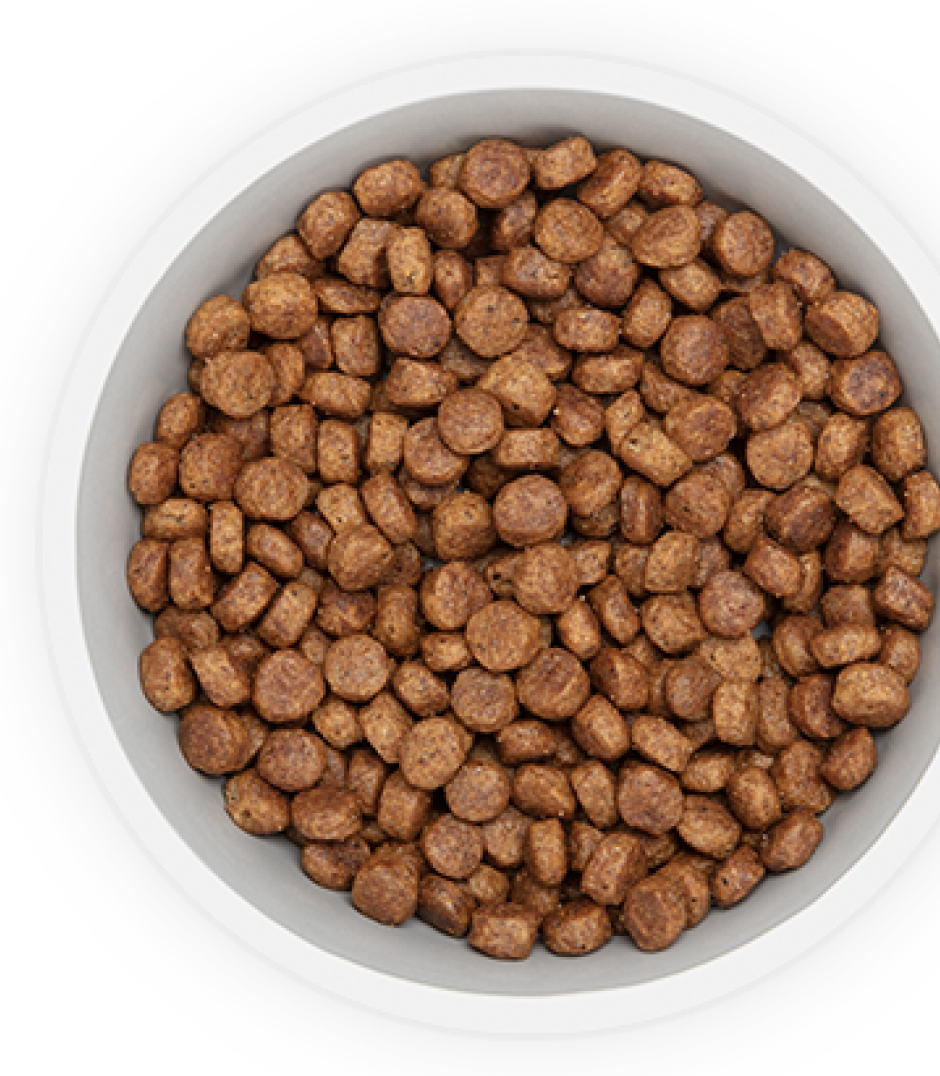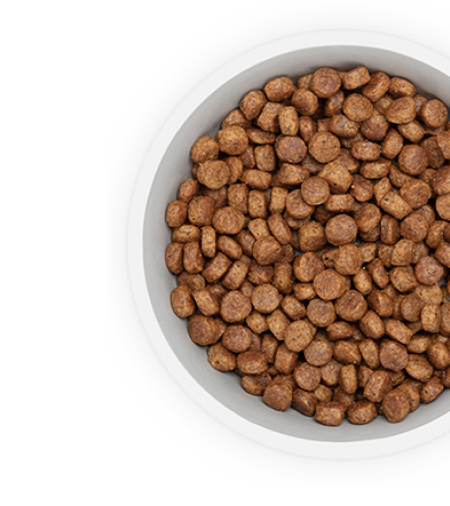Your pet has a unique gut ecosystem
Your pet’s gut microbiome plays a significant role in supporting digestive health and body function not only their digestive health but their overall body function.
Your pet has a unique gut ecosystem
Your pet’s gut microbiome plays a significant role in supporting digestive health and body function not only their digestive health but their overall body function.
The microbiome is a network of bacteria and other microorganisms that need to be fed.
Just like in humans, this network of microorganisms affects your pet's digestion, immune health, organ function and more. These organisms should be nourished with nutrients.
The microbiome is a network of bacteria and other microorganisms that need to be fed.
Just like in humans, this network of microorganisms affects your pet's digestion, immune health, organ function and more. These organisms should be nourished with nutrients.
- For Dogs
- For Cats


These are just a few of the health category for which a vet may recommend Prescription Diet products. Browse our full list of dog and cat foods below.
Areas the microbiome can help support



Hill’s is an industry leader in prebiotic microbiome nutrition
With more than a decade of research into microbiome health, Hill’s veterinarians and nutritionists formulated specialised nutrition that puts microbiome health at the forefront of digestive care.




We formulated nutrition that’s a step ahead with ActivBiome+
ActivBiome+ is a breakthrough prebiotic blend that revolutionises how you care for your pet’s digestive health and well-being — now available in several Hill’s products.
See our ActivBiome+ portfolio











